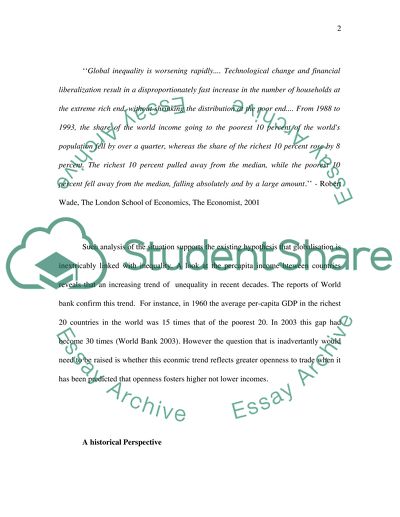Cite this document
(Does globalisation aggrevate or reduce inequalities between nations Case Study, n.d.)
Does globalisation aggrevate or reduce inequalities between nations Case Study. https://studentshare.org/macro-microeconomics/1502969-does-globalisation-aggrevate-or-reduce-inequalities-between-nations
Does globalisation aggrevate or reduce inequalities between nations Case Study. https://studentshare.org/macro-microeconomics/1502969-does-globalisation-aggrevate-or-reduce-inequalities-between-nations
(Does Globalisation Aggrevate or Reduce Inequalities Between Nations Case Study)
Does Globalisation Aggrevate or Reduce Inequalities Between Nations Case Study. https://studentshare.org/macro-microeconomics/1502969-does-globalisation-aggrevate-or-reduce-inequalities-between-nations.
Does Globalisation Aggrevate or Reduce Inequalities Between Nations Case Study. https://studentshare.org/macro-microeconomics/1502969-does-globalisation-aggrevate-or-reduce-inequalities-between-nations.
“Does Globalisation Aggrevate or Reduce Inequalities Between Nations Case Study”. https://studentshare.org/macro-microeconomics/1502969-does-globalisation-aggrevate-or-reduce-inequalities-between-nations.


